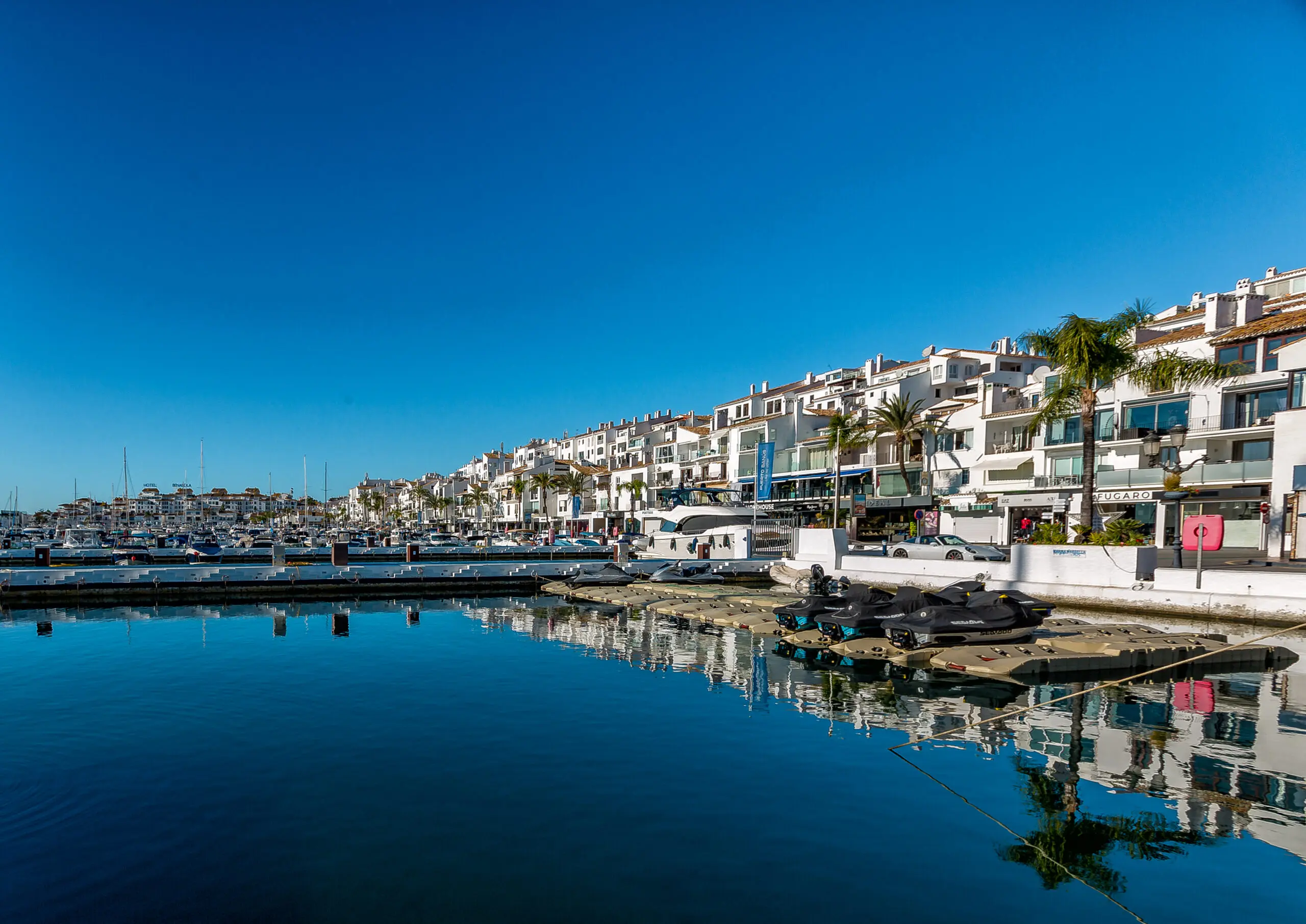The Costa del Sol, a hotspot for real estate investments, is known for its stunning coastline, luxurious properties, and vibrant lifestyle.
However, beneath the glitz lies a pressing issue: the lack of regulation in the region’s real estate sector.
This topic, discussed in our Hot Topic podcast, raises critical questions about whether real estate regulations should be tightened in this renowned part of Spain.
WhyThe current state of real estate regulation in Costa del Sol
Unlike the mortgage industry, which underwent significant regulatory changes in 2019, real estate on the Costa del Sol remains largely unregulated. While mortgage brokers like Fluent Finance must adhere to strict standards, real estate agents in the region operate without formal oversight.
Historically, Spain’s real estate sector was regulated at the national level. However, a governmental decision to decentralise authority in the 2000s handed power to the country’s 12 autonomous communities.
Today, only three of these regions enforce real estate regulations: and Andalusia, where the Costa del Sol is located, is not one of them.
This regulatory gap has led to a market where anyone, regardless of training or qualifications, can act as a real estate agent. The absence of barriers to entry raises concerns about the quality of service and advice buyers receive, especially in high-stakes transactions.
Challenges posed by an unregulated market
1. Lack of agent expertise
Many agents lack essential knowledge about property transactions, including understanding legal documents such as the nota simple or land registry procedures.
This gap in expertise creates complications during transactions, especially when issues arise that require professional insight.
Mortgage specialists, such as Fluent Finance, often face challenges when dealing with untrained agents. Unregulated agents may provide incorrect information, leading to misunderstandings or even failed deals. Inexperienced agents, particularly those who entered the market during the post-COVID real estate boom, can inadvertently jeopardise transactions.
2. Risks for property buyers
Without regulation, there’s no mandatory requirement for agents to hold liability insurance or belong to credible associations such as API (Agente de la Propiedad Inmobiliaria).
This lack of accountability means buyers could be exposed to financial risks, such as losing money sent to unprotected accounts.
Why regulation matters
A case study: mortgage industry
Since 2019, mortgage brokers in Spain have been required to pass rigorous exams, maintain licensing through annual assessments, and stay updated on legislation. These measures ensure that only qualified professionals can operate, creating a safer environment for clients.
In contrast, the Costa del Sol’s real estate market operates with minimal checks and balances. Tightening regulations could bring about similar professionalism and reliability in the property sector.
Improving market confidence
Regulating real estate agents would help eliminate “cowboys” and ensure that only committed, knowledgeable professionals remain. This shift would boost buyer confidence, reduce transaction risks, and enhance the Costa del Sol’s reputation as a secure investment destination.
How buyers can protect themselves
In the absence of formal regulation, buyers should take proactive steps to safeguard their investments:
- Choose agents with credible affiliations: Look for agents affiliated with legitimate associations like API. Membership often indicates a commitment to ethical practices.
- Verify liability insurance: Ensure your agent has liability insurance to protect your funds during transactions.
- Do your research: Check reviews, ask for references, and ensure the agency has a proven track record.
The future of real estate regulation in Spain
The conversation about real estate regulation is gaining traction in Spain. Talks of implementing nationwide legislation are underway, but progress is slow.
In regions like Catalonia, it took over a decade to establish regulations, and Andalusia may face similar delays. Achieving a balance between local governance and overarching national standards will be key.
If implemented, tighter regulations could make the industry more professional, mitigate risks, and improve the overall buying experience for foreign investors and locals alike.
Need expert advice?
Until changes are made, buyers should remain vigilant, partnering with knowledgeable, affiliated agents to navigate the complexities of the Costa del Sol’s property market.
At Fluent Finance, our mortgage specialists have the expertise to guide you through the process, ensuring your investment is secure. Give us a call today on 0034 952 85 36 47 or email us at info@fluentfinanceabroad.com and we’ll be in touch to answer your questions as soon as possible.
To learn more about the challenges and future of real estate regulation in the region, watch the full discussion with Keith Spitalnick of Target Property Spain on our YouTube channel.



